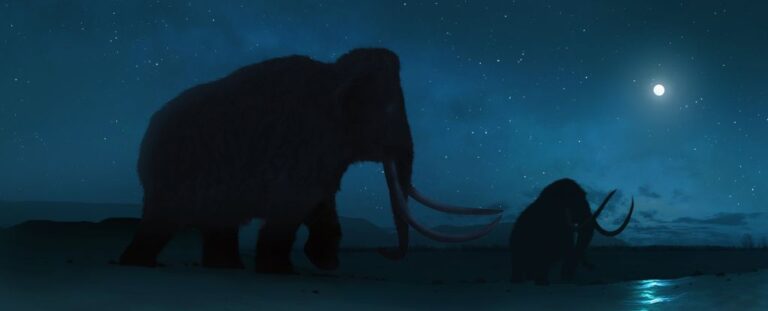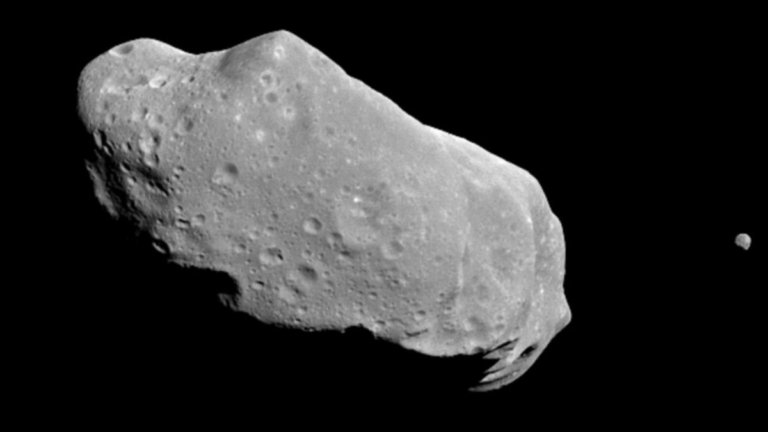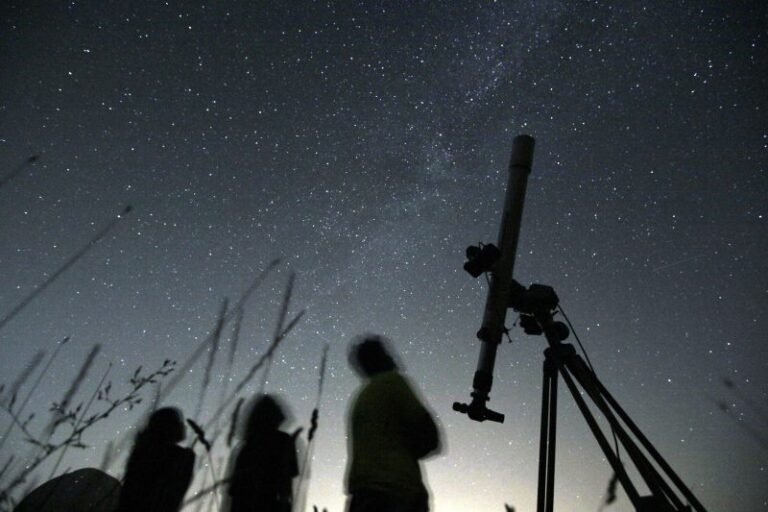The cosmic shrapnel that killed the mammoth is buried deep, scientists claim: ScienceAlert
For hundreds of thousands of years, the woolly mammoth thrived on Earth, measuring its majestic stride across frozen streams. Then, something happened. The earth changed. And in an extremely short time, the mammoths (Mammuthus primigenius) became extinct, the last of them extinguished 4000 years ago, on the remote Wrangel Island in the cold Arctic north….





